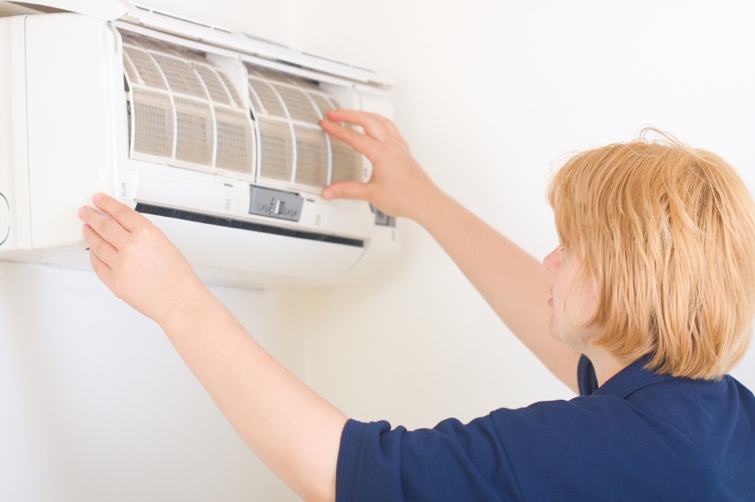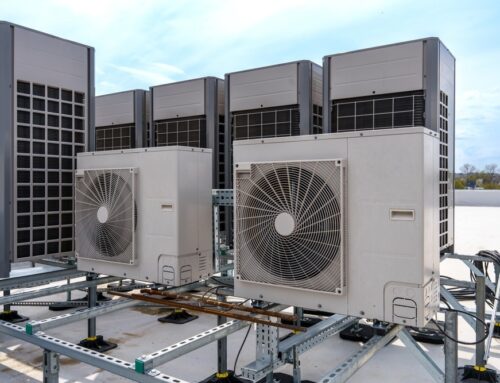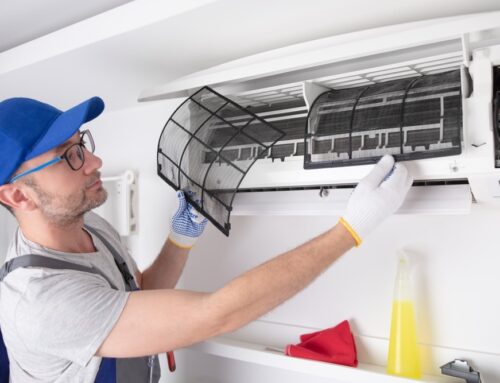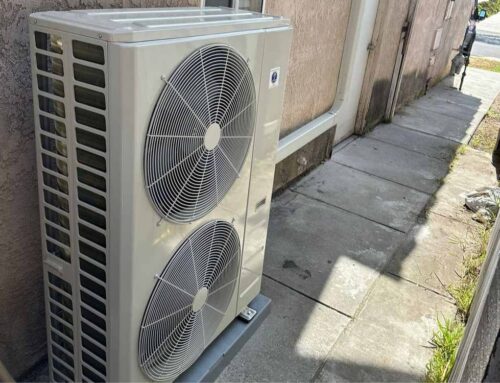The choice of a particular type of air filter
for a given application involves the following steps:
- A determination of the size, concentration and characteristics of contaminants present in both the outdoor air and return air.
- A decision regarding the size of particles to be remove and the efficiency required for removal.
- The selection of the filter which will provide most economically the desired efficiency under the prevailing conditions of labor cost, power costs and annual hours of operation. Air contamination may be appraised by costly laboratory analysis or by an estimation based on past experience and general data.
The latter method is preferable in all except highly specialized applications. Additional data of local interest may be obtained from the city Bureau of Health or smoke control agency.
The determination of which contaminants are to be removed, and to what degree, should be based on the requirements of the processes, equipment, material or occupants within the conditioned space. For example, a greater filtering efficiency would be required for an electronics laboratory than for a bowling alley.
However, for any application certain contaminants should be removed. These contaminants include abrasive (lusts, lint, pollen, concentrations of toxic fumes, ii present, and carbon, if in appreciable quantities.
Viscous impingement filters efficiently remove
contaminating particles larger than 10 microns in diameter, particularly if the particles are oily. The coarse media use (1 are well suited to large particle sizes anti concentrations. The capacity and life of such filters are great and therefore maintenance is relatively inexpensive. High velocity unit filters (500 feet per minute) are not suitable to heavy lint applications since the media density is not progressive.
If you are interested in getting a new HVAC San Diego , CA home, there are a lot of new ways to do that. Give Atlas Heating & Air Conditioning Inc a call today at (877) 452-8527, so that we can get the process started for you.




